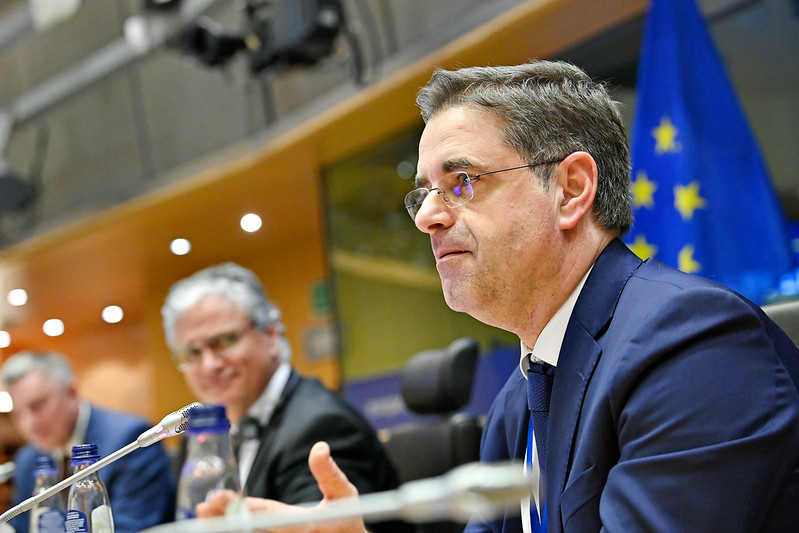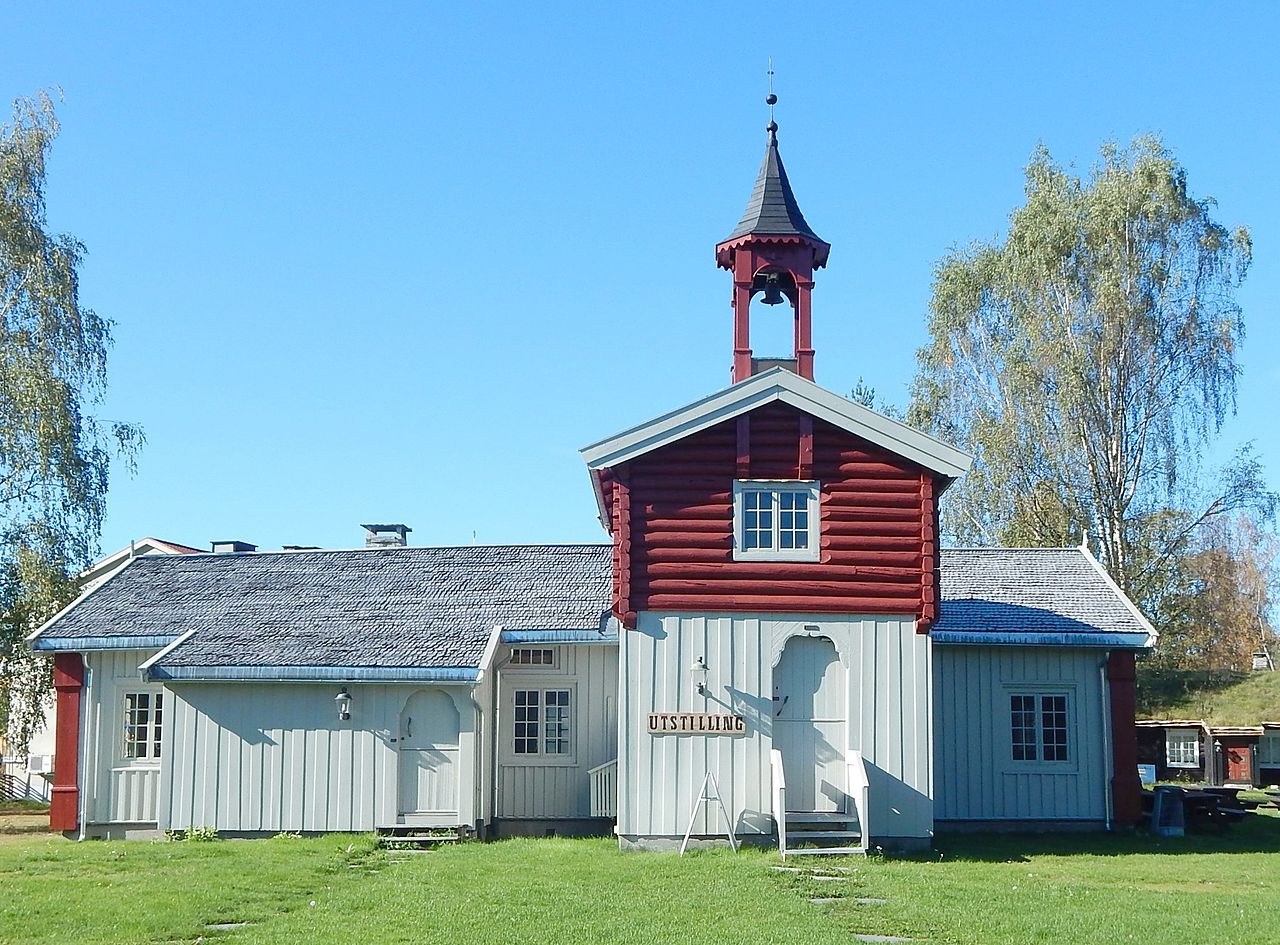The French Mayors’ Association (AMF) is protesting the French government’s over-centralisation, under-funding, and political neglect of local communities.
The 105th congress of the Association of Mayors of France, titled “Communes under attack, Republic threatened,” kicked off in Paris, emphasizing the growing concerns of mayors about the state of democracy, especially at the local level.
David Lisnard, President of the AMF, speaking ahead of the event, noted the dual challenge faced by municipalities, which he says are threatening the very essence of the Republic.
André Laignel, the first vice-president of the AMF, highlighted the significance of the words “attacks” and “threats,” pointing not only to the violence directed at elected officials but also to the increasing grip of the “central State” on communities gripped by anxiety and disillusionment.
According to a recent survey by Sciences Po’s political research center (Cévipof), resignations have surged from 350 per year in the previous term to 450 today, totaling 1300 defections since June 2020.
This year’s congress at the Porte de Versailles expects 10,000 participants, featuring 230 speakers, covering 39 themes, with about fifteen ministers in attendance. Notably absent, however, is President Emmanuel Macron, who won’t be present to hear the criticisms of the alleged “powerful recentralization movement.”
Although the President has initiated a new debate on decentralization, his efforts have struggled to gain acceptance. David Lisnard pointed out the failure of previous presidential initiatives, [particularly the recent disappointing encounters in Saint-Denis].
André Laignel expressed scepticism, stating, “We are being patted on the back while our pockets are being picked. Let’s be serious! We have already put all our proposals on Emmanuel Macron’s table for seven years. Once again, the President procrastinates…”
The atmosphere at the congress does not bode well for improved relations between local officials and the government. The possibility of David Lisnard attending the presidential reception for mayors on Wednesday evening is uncertain, as the Élysée has ruled out a presidential visit.
The growing distrust between local elected officials and the central government is escalating. Mayors, fatigued by the economic and social consequences of repeated crises, feel ill-equipped for the battle, lacking budgetary support.
In addition to denouncing the lack of consultation, they believe that their constitutional roles are being disregarded. With dwindling financial autonomy, minimal self-administration, and a diminishing principle of subsidiarity, mayors are gearing up to voice their discontent, indicating their readiness to organize their “defence.”
The Association of Mayors of France (AMF) is exploring legal avenues for such a fight, possibly unveiling its counterattack plan in its final resolution.
André Laignel underlined the reasons for local anger. He accused the government of subjecting them to new plans every week without adequate resources, ranging from water and housing to heat, bicycles, and early childhood—all while reducing their means by 7 billion.
“We are on a madman’s mission,” warned André Laignel.
In response, Dominique Faure, Minister of Territorial Communities and Rurality, defended the government’s decision to increase the DGF, offering 540 million euros in two years. While acknowledging that some may find it insufficient, the minister emphasized the government’s support for local authorities, with 12 billion euros allocated for 2024.
As tensions rise, the mayors assert their critical role in supporting the country’s financial balance to the tune of 62 billion euros since 2010. Engaging in a showdown with the government, they hope to influence changes in the draft budget law for 2024 before Christmas. At the opening of the 105th mayors’ congress, marked by skepticism, the outcome remains uncertain.





